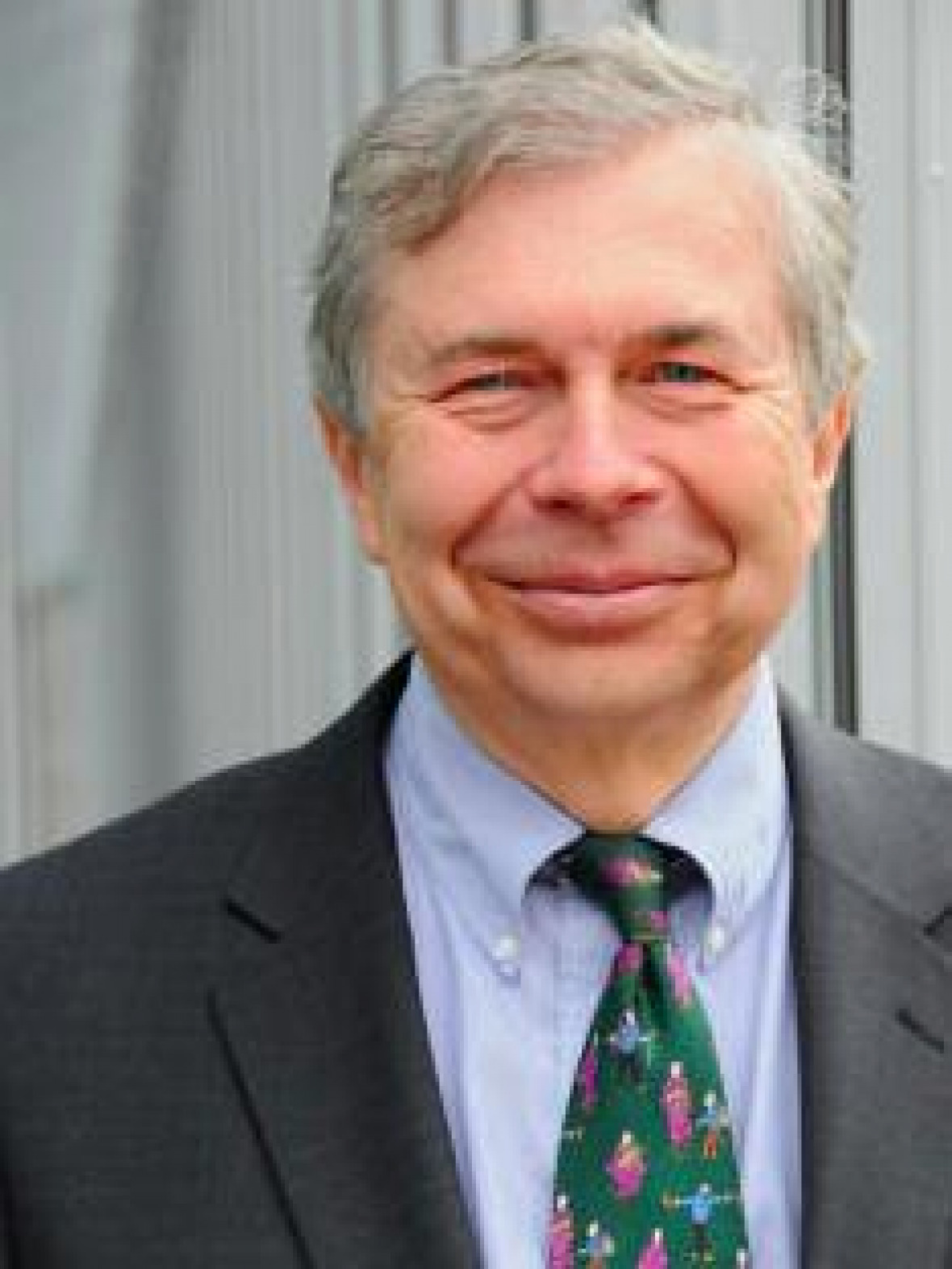Q&A with Guy Brasseur: Communicating Science
02.02.2015

How can ordinary people be familiarised with science? Few other researchers have devoted as much attention to this question as the Belgian atmospheric scientist Guy Brasseur. From 2009 to 2014, he was head of the Climate Service Center (CSC) in Hamburg, whose task is to communicate the latest climate research findings to politicians, scientists, and business people. Before he joined the Climate Service Center, Guy Brasseur headed the Earth and Sun Systems Laboratory in Boulder, Colorado. From 1999 to 2005 he was also Director of the Max Planck Institute for Meteorology and head of the German Climate Computing Center in Hamburg. He is one of the main authors of the IPCC Fourth Assessment Report, for which the Nobel Peace Prize was awarded in 2007.
Brasseur will give a talk at the IASS on Wednesday, 4 February. In a short e-mail interview in advance of that talk, he gave some insights into his experiences at the CSC.

Your talk is titled “Climate Services: Dream or Reality?”. I suppose when you became the founding director of the Climate Service Center in 2009, it was a dream of yours to enhance decision-makers’ knowledge of climate change, its impact, and adaptation options. After over five years, have at least parts of this dream become reality?
We have heard over the years that climate science was societally relevant. But the connection between the scientific community and potential users never functioned very well. Even the information produced by international assessments never proved to be relevant to governments and to the corporate world. My dream was therefore to develop a sustained mechanism to co-produce knowledge and address the key environmental issues facing society in the next century. The reality showed very rapidly that the task was huge because the market for data products did not really exist. Because detailed investigations of the market were not available, the success of climate services can only be limited.
Scientists strive to understand problems in their complexity, while politicians are interested in answers that are simple enough to be communicated to the general public. What is the solution to this problem?
The approach to communication needs to be completely revised. The wrong model is to believe that the scientists will provide information and that the stakeholders will accept and use this top-down information. The better approach is to develop joint projects where users and scientists work together on a problem. The involvement of stakeholders is essential.
When you reflect back on your efforts to disseminate information on topics as diverse as biogas plants, emissions trading and the effects of climate change, can you tell us about one instance when you felt your work really made a difference?
Frankly, at this time, I don’t think that climate services in the world have had a decisive impact on how the corporate world accounts for issues related to climate change. One of the reasons is that climate services are populated with scientists who do not share the culture and operative mode of the users. In my talk, I will analyse the successes and failures of climate services and propose rather different approaches that should make a real difference.
Header image: (c) istock/crazydiva
